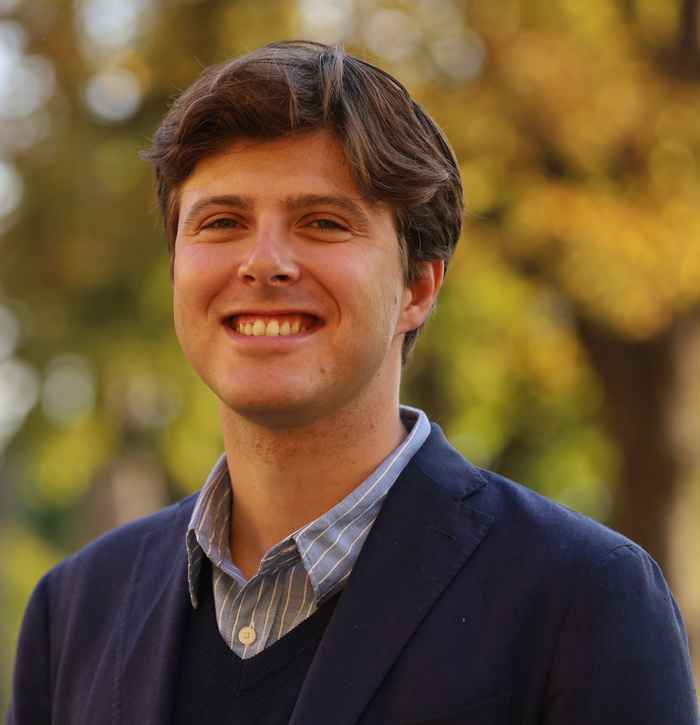ERC Grant awarded to Dr Giacomo Tagiuri
4 September 2025

The ERC Starting Grant is a personal grant of approximately €1.5 million. It provides talented researchers with five years of support for their research.
More about the Project
How can law and regulation govern loss in economic transformations? 'The Governance of Loss in the European Union' seeks to find out, inspired by the observation that we live in an age of intense and rapidly emerging loss linked to globalization (trade liberalization), technological change (including digitalization and AI), and climate change (including efforts to mitigate it). These processes displace market and production arrangements that are long-standing, thus creating 'losers': workers, businesses, and consumers whose livelihoods depend on, or who otherwise just value, the displaced arrangements. Think of small shops who suffer in the face of digital commerce, or their customers who lose a distribution channel they cherish; fishermen who due to climate change lose their traditional catch; autoworkers losing their jobs to machines.
Being someone who loses in this sense typically entails not only loss of income and livelihood, but also loss of prestige, sociability, community. Addressing said loss is urgent for both strategic reasons - for example, people who lose out in economic transformation are documented to embrace regressive politics - and more normative ones - for example linked to the injustice of ignoring concerns over loss.
While strategies to assist losers are ubiquitous – they emerge at EU, national, and local level, across policy fields, and date back from different times - there is still in the law a poverty of concepts and vision to describe what their loss really entails, and how the law should respond.
To fill this gap, the project led by Tagiuri and employing three PhDs, will develop a theory of the Governance of Loss that tells us whether and why we should assist losers in economic transformations, and how we can best do so. The theory offers a typology of strategies for governing loss, the regulatory techniques employed, as well as the social desiderata served by each strategy. The project then deploys socio-legal methods to further describe how different strategies work on the ground in three economic sectors: agriculture and fisheries; the automotive industry; consumer services (including retail and tourism).
About Giacomo
Prior to joining Amsterdam Law School in September 2021, Giacomo held postdoctoral positions at New York University (Emile Noël Fellow), the European University Institute (Max Weber Programme), and the Safra Center for Ethics at Tel Aviv University. His PhD in Legal Studies from Bocconi University in Milan (2018) followed degrees from the Johns Hopkins’ School of Advanced International Studies (SAIS) (European Studies) and the University of Bologna (Law).
Since March 2025, Giacomo acts as Director of the Amsterdam Centre for European Law and Governance (ACELG). He is also a member of the SGEL (Sustainable Global Economic Law) project.